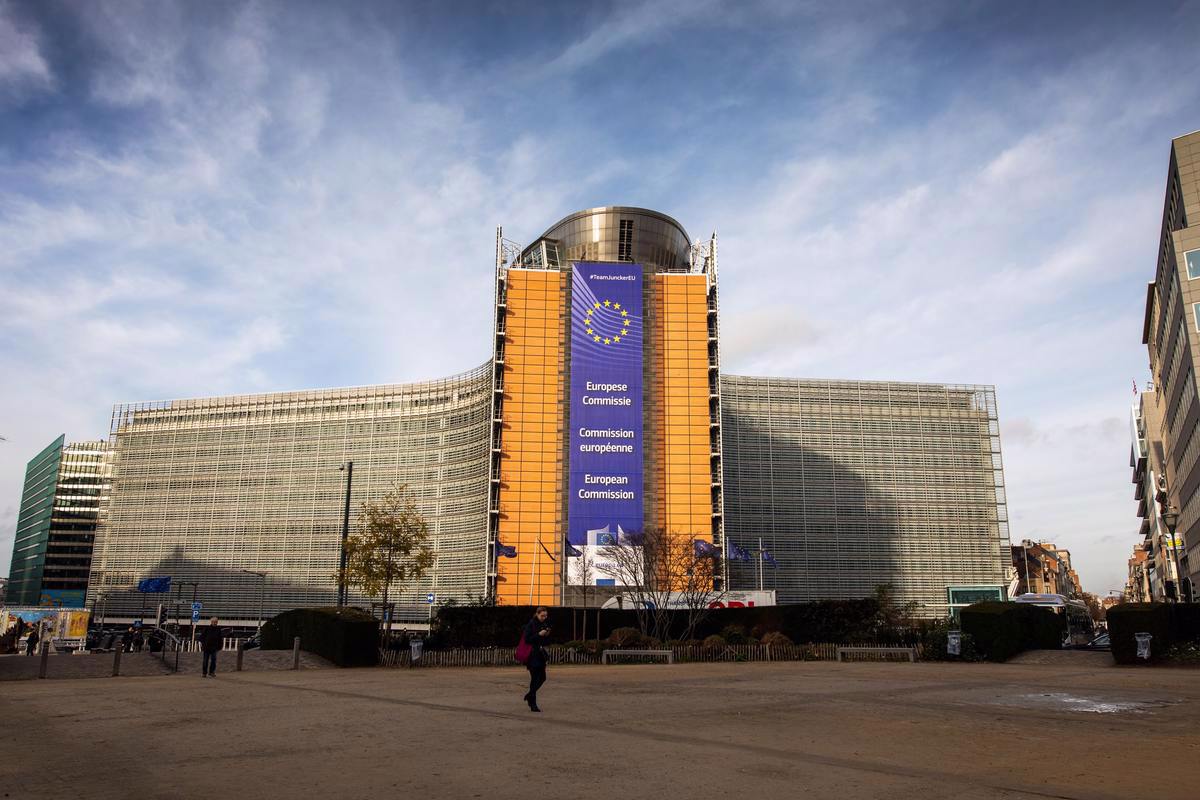The Week in Alternative Fuels
Here are some key developments in alternative bunker fuels from the past week.
 PHOTO: European Commission building in Brussels, Belgium. Getty Images
PHOTO: European Commission building in Brussels, Belgium. Getty Images
The European Commission (EC) has drafted a Net-Zero Industry Act proposal under its Green Deal Industrial Plan. Through the act the EU seeks to ensure that manufacturing capacity for "strategic net-zero technologies" reaches 40% by 2030. Electrolysers and fuel cells, biogas/biomethane and carbon capture and storage (CCS) are defined as “strategic net-zero technologies”.
Industry organisations have called on the EU to implement additional measures. The European Community Shipowners’ Association (ECSA) called for hydrogen-derived e-fuels such as pure hydrogen, ammonia and methanol to be included in the definition of “strategic net-zero technologies.” Danish Shipping suggested removing regulatory barriers to maritime transport.
While the EC's new proposal calls for biogas and biomethane to be prioritised, some industry leaders are already in favour of bio-blended fuels as alternatives to fossil fuels.
GAC Bunker Fuels believes biofuels present one of the most promising pathways to decarbonise commercial shipping emissions today. “Everyone is looking to decarbonise, and industry collaboration is vital to that effort. Luckily, we have enough tools to achieve these goals, one of which is biofuels,” said GAC Bunker Fuels' global director Martyn McMahon.
A new American Bureau of Shipping (ABS) study concluded that drop-in biofuels can improve a vessel’s Carbon Intensity Indicator (CII) rating immediately, “regardless of whether it was diesel, methanol or LNG-fuelled.”
Despite their charm, biofuels are not the only fuel alternatives making headlines this week. Saudi Aramco and Linde Engineering will build an ammonia cracking test plant in northern Germany. The pilot technology will be used to produce low-carbon hydrogen from ammonia. Low-carbon hydrogen can be used as a feedstock for cleaner marine fuels like ammonia and methanol, or as pure hydrogen.
However, converting larger vessels to run on green ammonia might be easier said than done. A new study found retrofitting a deep-sea vessel to run on green ammonia can be challenging due to “high retrofit investment costs, lack of availability of affordable green ammonia.” The study was conducted by a coalition of Norwegian cross-industry experts, including Grieg Star, Yara, G2 Ocean, DNV and the Norwegian Maritime Authority.
By Konica Bhatt
Here is our selection of top five alternative fuels stories from this week:
European Commission proposes Net-Zero Industry Act to speed up clean energy tech
GAC Bunker Fuels: Biofuel as a path to decarbonisation
ABS says drop-in biofuels can improve a vessel’s CII rating significantly
Saudi Aramco and Linde Engineering to develop ammonia cracking technology
Retrofitting deep-sea ships to run on ammonia is challenging - Norwegian study






